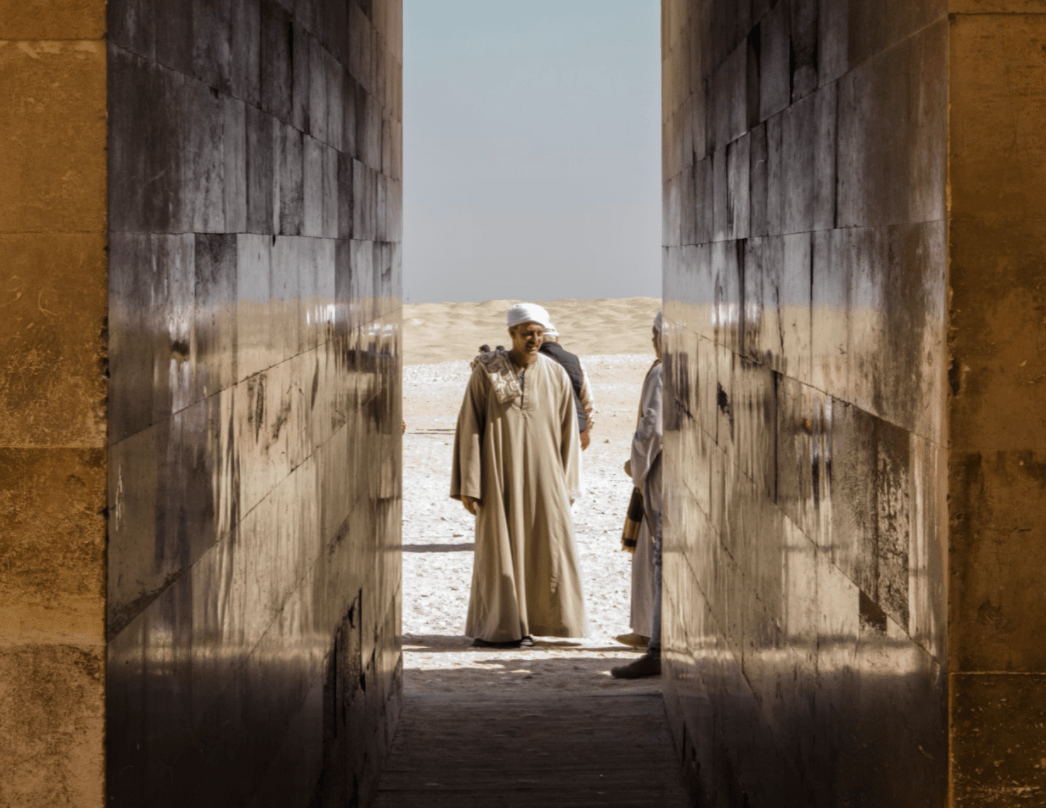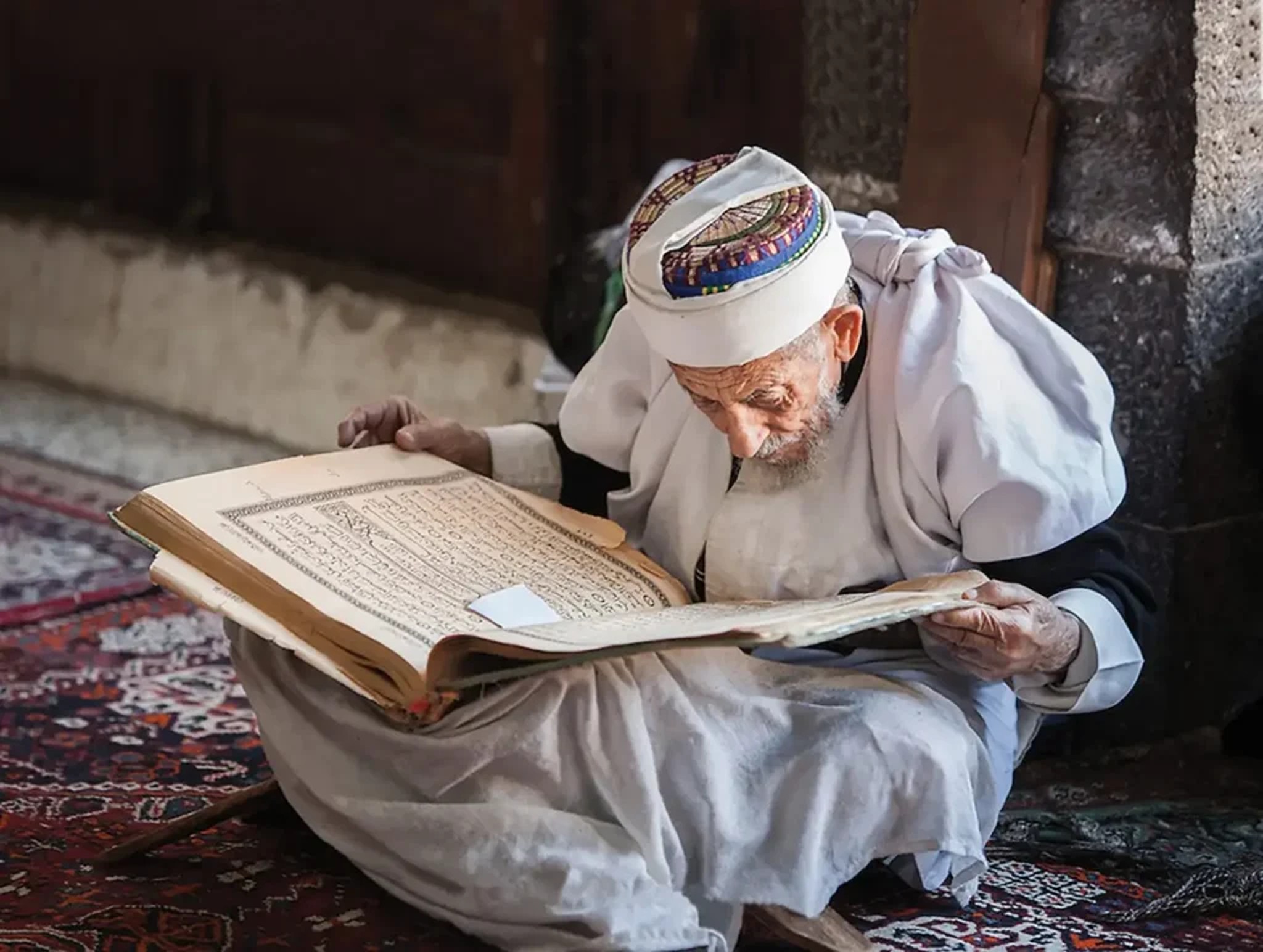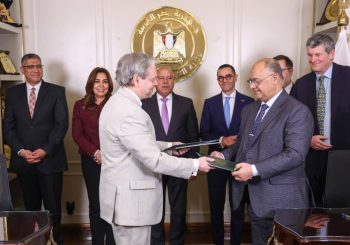No great language can ever truly be forgotten – or rather, not completely. Egypt is a spirited testament to the fact, boasting a history rich with wonders and woes and the tail-ends of foreign tongues. Over the centuries, from the rise of woman-king Hatshepsut to the ungraceful axing of the Ottomans, Egypt has built a reputation as a chatty, multilingual hub.
Colonised for the majority of its modern history, Egypt has learnt to tango with several languages at a time, and although not all official, most remain in circulation. Today, Arabic dominates – sure, it’s made flashier by Egyptian street-swagger and dialect variations, but remains loyally Arabic.
Regardless, Egypt’s lengthy repertoire is worth acknowledging.
Earlier languages, such as Ancient Egyptian (Old, Middle, and Late), served as cornerstone contributions to ancient communication. Some, like Coptic, continue to resonate with populations as an avenue for reclaiming religion and ancestry. Between social and sentimental impacts, there’s still room to juggle colonial tongues as well.
So, in honor of versatile, talkative Egyptians – here are some languages they’ve spoken over the eras.
Old Egyptian
Before the archeological discoveries of 1822 and translation of the Rosetta stone, Ancient Egypt was “mute and mysterious,” brimming with imagery that was incomprehensible at best. Soon after though, the floodgates of translation opened, and out came a generous (if not daunting) amount of translated history. Although not the first Egyptian language to be discovered, Old Egyptian is credited as the country’s first written language.
Earlier inscriptions consisting mostly of labels and names were attested before 3000 BCE, but Old Egyptian in its complete form appears later in 2600 BCE.

Middle Egyptian
Middle Egyptian, or Classical Egyptian, is considered a daughter of Old Egyptian; it borrows many of its presumed phonetics and most of its hieroglyphic inscriptions. In fact, it is the most commonly found language within Egypt’s temples and tombs. It began circulation in approximately 2100 BCE, and lasted for several hundred years after. The language ceased to exist circa 1600 BCE, though the use of hieroglyphic text continued until the end of Ancient Egyptian history.

Late Egyptian
As Middle Egyptian was phased out, Late Egyptian became the national language from 1600 BCE to approximately 600 BCE. Unlike its earlier counterparts, Late Egyptian was substantially different in structure. Grammar and syntax were re-arranged, and although the hallmarks of the language remained (hieroglyphs), they weren’t used in the same fashion.

Demotic
Considered Egypt’s first semi-modern language, Demotic bridges the gap between the common era and the ancient one. It originated directly from Late Egyptian, appearing around 650 BCE and lasting well into the fifth century CE. Dubbed the “poor stepchild” of older dialects, Demotic wasn’t popular among scholars despite its mastery by Jean-François Champollion. It only gained esteem after its breakdown by German scholar Heinrich Karl Brugsch, several decades after.

Coptic
Coptic is considered the final phase of the Egyptian language. Appearing at the tail-ends of the first century CE. Coptic married itself to Egyptians for over a thousand years after. It is the liturgical language of the Coptic church, and although not widely spoken in Egypt today, it holds plenty of esteem with modern and postmodern scholars. Professor Rodolophe Kasser of the University of Geneva, Switzerland, described it as “one of the most beautiful, most cleverly structured, and most musical [languages] in the world.”

Arabic
By the eighth century CE, Arabic had found its way onto Egyptian soil and thus began local Arabization. It was largely used in the region by both Muslims and non-Muslims, and was considered the language of bureaucracy and education; the intellectuals of the era both spoke and wrote Standard Traditional Arabic, and like the houses of Aleppo and Baghdad, Cairo soon became a capital for Arab scholars, religious and otherwise. Over the years, Egyptians have made Arabic into their own – colloquializing it, and softening the edges with some much needed humor. Today, most Egyptians consider Arabic their native tongue, even though tourism has made them savvy in anything from one to seven languages.

Turkish, English & French
A transient, but influential combination: these three languages are Egypt’s lasting colonial tongues. While Turkish has died out almost entirely save for the handful of speakers and continent-hoppers that make their way to Egypt, Turkish phrases have found a place in modern Egyptian vernacular – a hard-to-avoid reality given over 400 years of influence between Ottoman rule and a Turkish monarchy.
Similarly colonial, both French and English were brought in during French and British imperialism, respectively. Although neither language was considered national, to this day many Egyptian communities retain them, evidenced by the dominance of French and English within modern international schooling. Much like Turkish, the Egyptian Arabic dialect has grown around words and phrases introduced by the British and the French; from ascenseur and marche arrière, to menu and okay – there’s no denying the breadth of influence.
A Note On the Overlooked Italian
Italian isn’t the first language one associates with the land of the Pharaohs, but here and there remain little nods to the short-lived Italian presence in Egypt. Vespa and vazo have been colloquialized to fespa and vaza, with more colorful terms like belyatcho stemming from the Italian word for clown, pagliaccio. Despite not lingering long in comparison to other colonial counterparts, Italy has certainly left Egypt with a bittersweet longing for unsung Italian.







Comments (8)
[…] اللغة المصرية مرت بعدة مراحل قبل أن تعتمد على اللغة القبطية. تم تبسيط […]
[…] Egyptian language had gone through several phases before it rested on the Coptic language. The Hieroglyphic […]